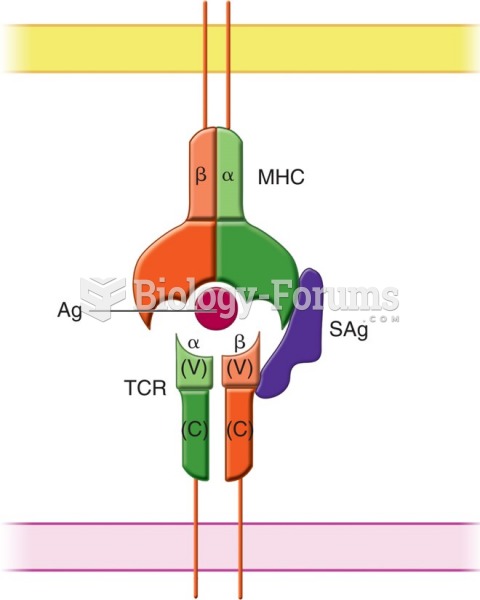Answer to Question 1
A milder but more chronic version of bipolar disorder called cyclothymic disorder, which is a chronic alternation of mood elevation and depression that does not reach the severity of manic or major depressive episodes. Individuals with cyclothymic disorder tend to be in one mood state or the other for years with relatively few periods of neutral (or euthymic) mood. This pattern must last for at least two years (one year for children and adolescents) to meet criteria for the disorder. Individuals with cyclothymic disorder alternate between mild depressive symptoms and hypomanic episodes. In neither case is the behavior severe enough to require hospitalization or immediate intervention. Much of the time, such individuals are just considered moody. However, the chronically fluctuating mood states are, by definition, substantial enough to interfere with functioning. Furthermore, people with cyclothymia should be treated because of their increased risk to develop the more severe Bipolar I or Bipolar II disorder.
In a hypomanic episode, clients may display unbridled enthusiasm, grandiose perceptions, and uninterruptable speech, and report that they need little sleep. They are also easily distracted. A hypomanic episode might last several months or more. During hypomania, a patient may be mostly funny, entertaining, and a delight to be withif you can get a word in edgewise. Hypomanic episodes are less severe than manic episodes. Although patients may be noticeably up, they can function pretty well while in this mood state.
In a manic episode, patients may spend inordinate amounts of money or make foolish business decisions. These individuals, particularly if they are in the midst of a full manic episode, are so wrapped up in their enthusiasm and expansiveness that their behavior seems reasonable to them. The high during a manic state is so pleasurable that people may stop taking their medication during periods of distress or discouragement in an attempt to bring on a manic state again.
Answer to Question 2
If someone you love has diedparticularly if the death was unexpected and the person was a member of your immediate familyyou may, after your initial reaction to the trauma, have experienced most of the symptoms of a major depressive episode: anxiety, emotional numbness, and denial. The frequency of severe depression following the death of a loved one is so high that mental health professionals at present do not consider it a disorder unless severe symptoms appear, such as psychotic features or suicidal ideation, or the less alarming symptoms last longer than six months. Some grieving individuals require immediate treatment because they are so incapacitated by their symptoms (for example, severe weight loss or no energy) that they cannot function.
Usually the natural grieving process has peaked within the first six months, although some people grieve for a year or longer. After a year or so, the chance of recovering from severe grief without treatment is considerably reduced, and for approximately 10 to 20 percent of bereaved individuals, a normal process becomes a disorder. At this stage, suicidal thoughts increase substantially.
Many of the psychological and social factors related to mood disorders in general, including a history of past depressive episodes, also predict the development of a typical grief response into a complicated grief, although this reaction can develop without a preexisting depressed state. In children and young adults, the sudden loss of a parent makes them particularly vulnerable to severe depression beyond the normal time for grieving, suggesting the need for immediate intervention







